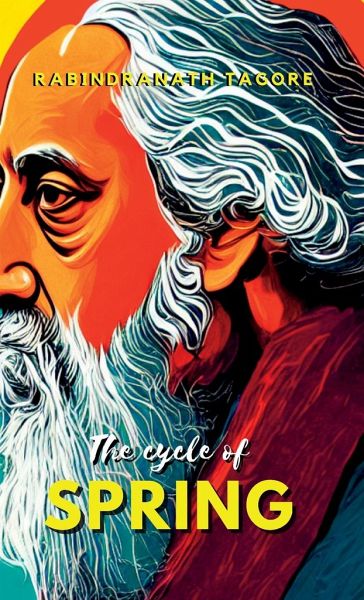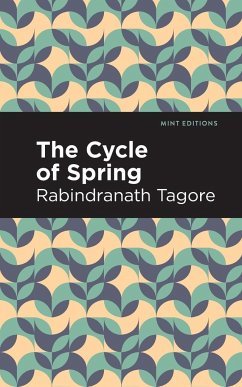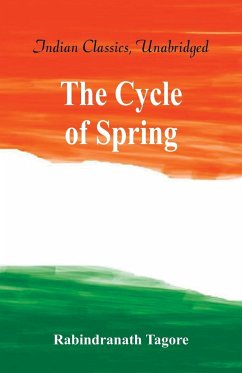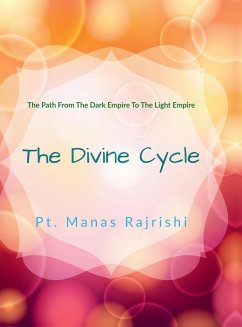
The Cycle of Spring
Versandkostenfrei!
Versandfertig in 1-2 Wochen
23,99 €
inkl. MwSt.

PAYBACK Punkte
12 °P sammeln!
The Cycle of Spring by Rabindranath Tagore is a beautiful and evocative play that explores the themes of love, loss, and renewal. Set in the idyllic countryside of Bengal, the play follows the story of a young woman named Vasanta, who finds herself torn between her duty to her family and her own desires. As she navigates the complexities of love and longing, Vasanta is forced to confront the harsh realities of life and death, and must find the strength to carry on in the face of adversity. With Tagore's masterful prose and lyrical poetry, The Cycle of Spring is a timeless meditation on the cyc...
The Cycle of Spring by Rabindranath Tagore is a beautiful and evocative play that explores the themes of love, loss, and renewal. Set in the idyllic countryside of Bengal, the play follows the story of a young woman named Vasanta, who finds herself torn between her duty to her family and her own desires. As she navigates the complexities of love and longing, Vasanta is forced to confront the harsh realities of life and death, and must find the strength to carry on in the face of adversity. With Tagore's masterful prose and lyrical poetry, The Cycle of Spring is a timeless meditation on the cycles of nature and the enduring power of the human spirit. This moving and inspiring play is sure to captivate readers with its universal themes and timeless message of hope and renewal.










![The Pandahem Cycle II [The Saga of Dray Prescot Omnibus #9] Cover The Pandahem Cycle II [The Saga of Dray Prescot Omnibus #9]](https://bilder.buecher.de/produkte/33/33825/33825313n.jpg)

